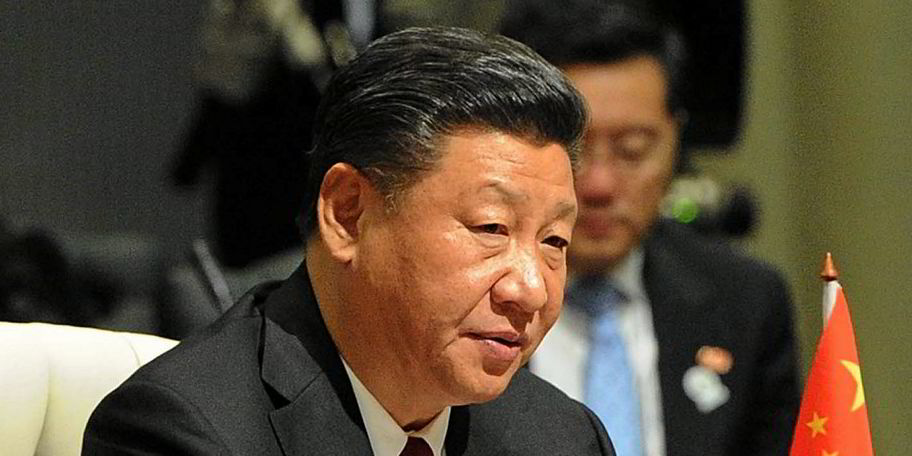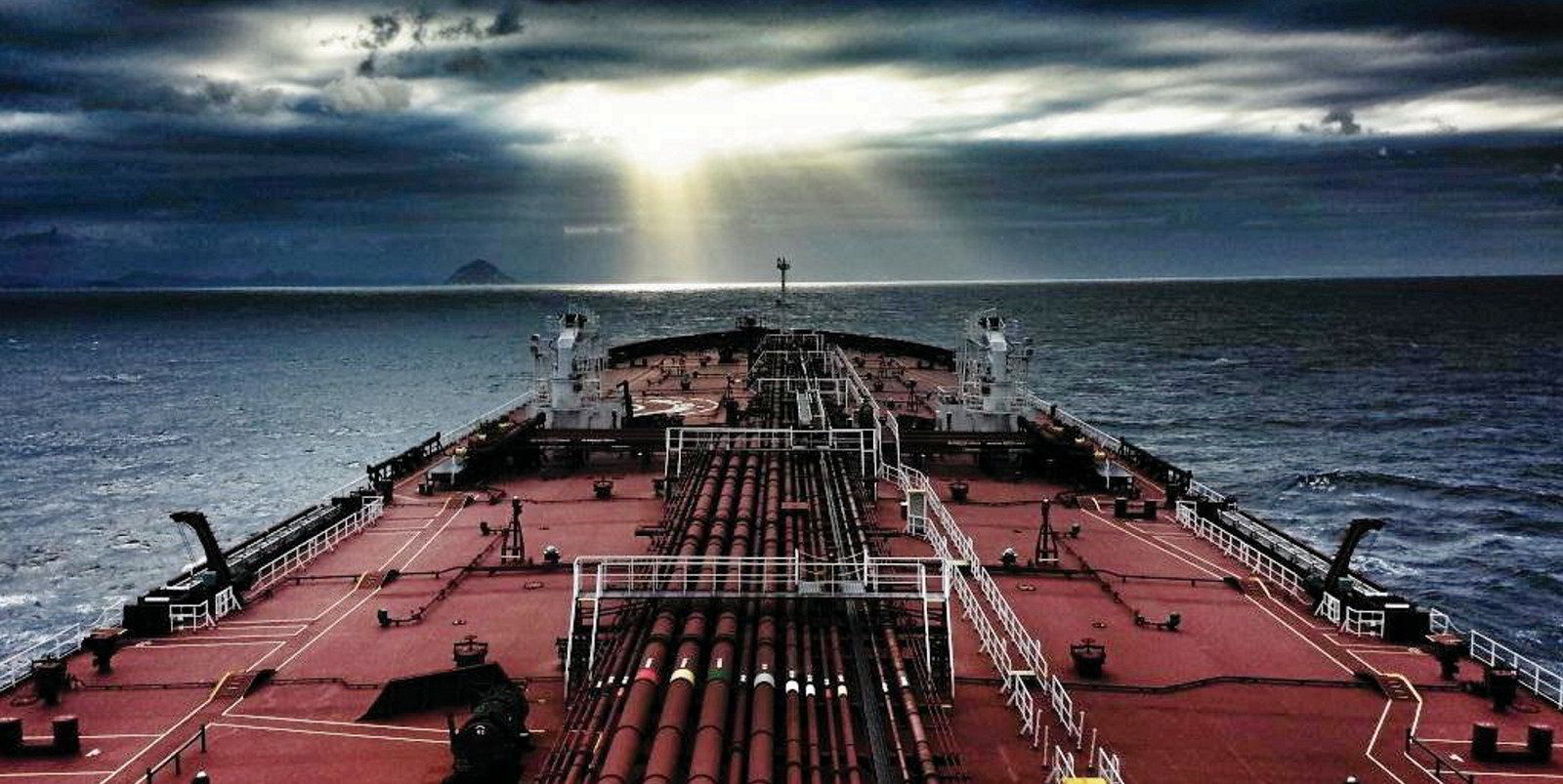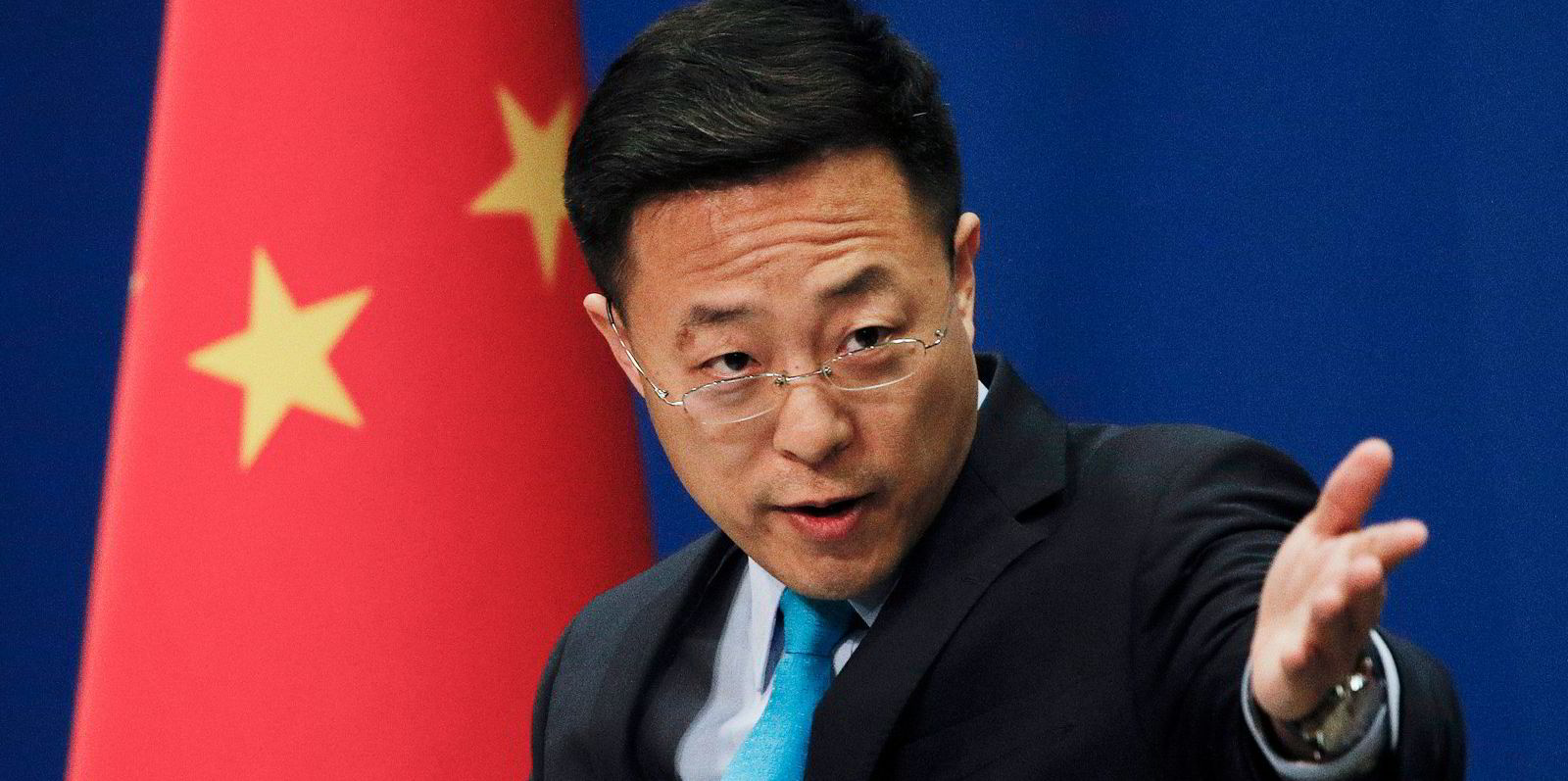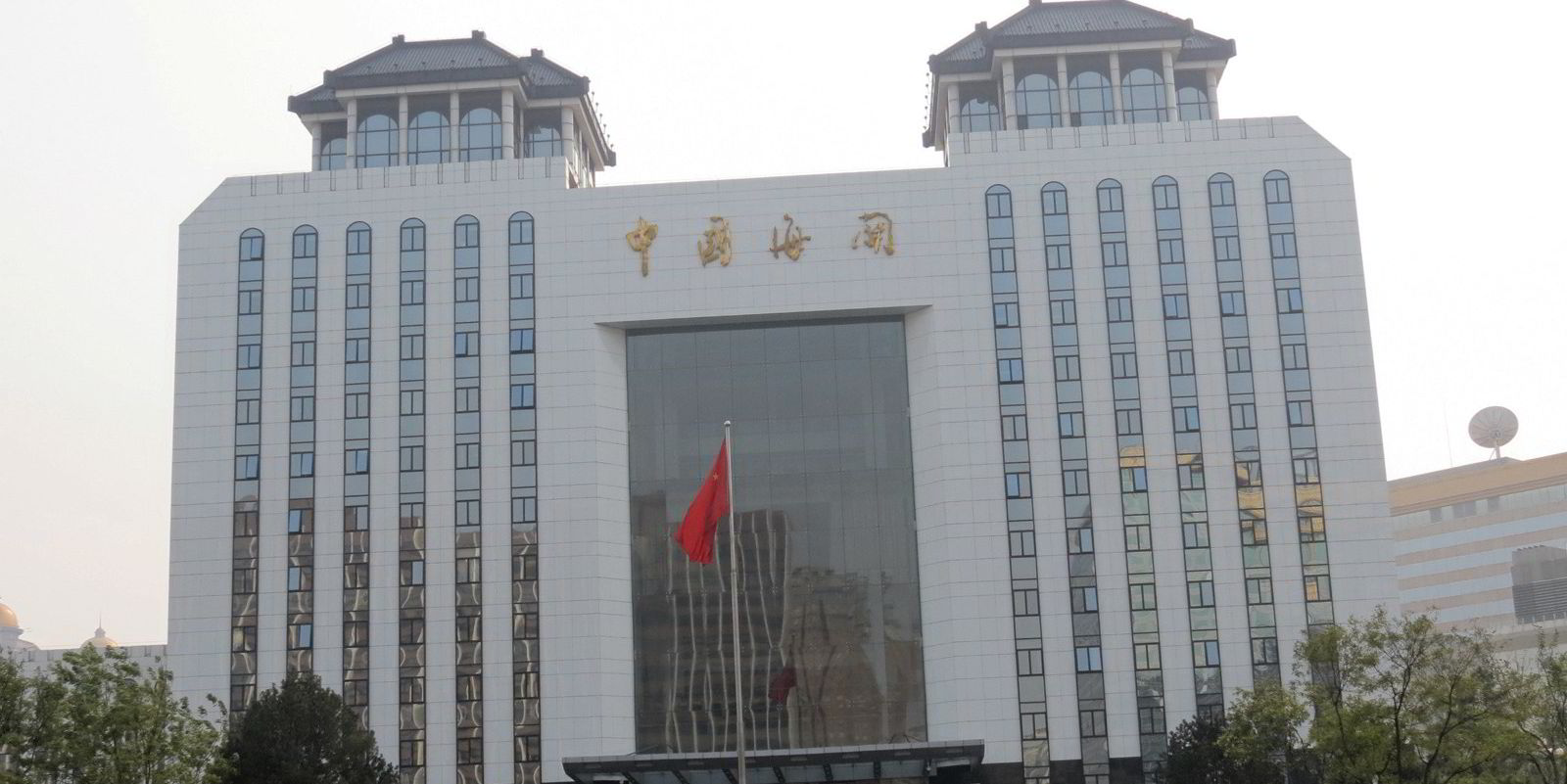China, the world’s largest seaborne oil importer, has been driving demand for tankers for much of this century.
But experts said the country is unlikely to be the saviour of tanker owners this year due to its decarbonisation policies and a long, drawn-out destocking process.
Chinese refineries rushed to acquire cheap barrels last year when domestic demand was plagued by the Covid-19 pandemic, resulting in high crude inventories.
They have been tapping those stocks and cut back crude imports in 2021, and tanker earnings have slumped to their lowest in decades partly due to reduced vessel requirements.

Kpler data showed China’s seaborne crude imports amounted to 9.57m barrels per day (bpd) in the first seven months of this year, down from 9.74m bpd in the same period of 2020.
“In terms of crude import volumes into China, I do not expect particularly big volumes this year,” Banchero Costa research head Ralph Leszczynski told TradeWinds.
“China took advantage last year of very low oil prices to stock up, and imports were extremely high ... So now that oil prices are high, it is quite natural to move to a more destocking phase.”
The country did not publish inventory levels. But many believe its stocks are drawing down rapidly due to high refinery runs and recovering oil consumption.
Government figures cited by various media outlets suggest total Chinese refinery throughput reached 15.1m bpd between January and June, up 10.7% from the same period last year.
Meanwhile, the International Energy Agency expects China’s oil demand to jump to 15.1m bpd this year from 13.9m bpd in 2020.
Such developments would normally lead to aggressive restocking later in the year. However, Chinese President Xi Jinping’s pledge to peak China’s carbon emissions by 2030 is offering a twist to the supply-and-demand picture.
Observers said the Chinese government has now moved to constrain the country's refinery output amid the decarbonisation driver, undercutting tanker demand as a result.
In what was described as a “crackdown” on excessive fuel production, Beijing has banned the sales of crude import quotas to private refiners by state-owned companies.
Refinitiv Oil Research estimates the restriction would remove 12m to 16m tonnes of crude imports, equivalent to 2% to 3% of 2020’s total imports.
As part of China’s goal to peak CO2 emissions by 2030, the independent sector has become a target with the government seeking to reduce excess capacity in order to lower emissions
Gibson Shipbrokers
The Chinese government has also slapped a new consumption tax on imports of bitumen mixture, widely used by private refiners as feedstocks.
“As part of China’s goal to peak CO2 emissions by 2030, the independent sector has become a target, with the government seeking to reduce excess capacity in order to lower emissions,” Gibson Shipbrokers said in a note.
“Several new measures to reduce the output of independent refiners have recently been introduced. Overall, for tankers, the Chinese crackdown limits the potential upside. Import volumes into the country will still grow, but at a slower rate.”
Under normal circumstances, Chinese state energy giants such as China National Offshore Oil Corp, PetroChina and Sinopec could raise crude imports and refinery throughput to grab domestic market share from private players.
But some experts said they might simply divert export barrels to the domestic market, with Beijing widely expected to lower export quotas for refined products.
The Chinese government has yet to issue the second batch of export quotas this year, and many believe any further allocations will be limited due to Xi’s climate pledge.
The policy shift has resulted in lower demand for product tankers in China as the country’s oil firms are forced to reduce exports of refined products.
Chinese exports could fall to 1.07m tonnes in August, the lowest monthly figure in six years, sources with knowledge of the matter told Platts.
Anoop Singh, east-of-Suez tanker research head at Braemar ACM Shipbroking, said Chinese product exports are likely to fall sharply in the second half of the year due to reduced export quotas.
“Lower quotas ... are another piece in the jigsaw of a longer run set of policy changes by China to reign in surplus refining capacity,” he said.
But Singh suggested product tanker owners could find employment opportunities elsewhere as oil demand prospects brightened.
“The space vacated by Chinese exporters since June has, by and large, been taken up by increased exports from refineries in [South] Korea, Japan and Taiwan,” Singh said.
“As South East Asian demand recovers once the current wave of the pandemic recedes, refiners in these countries are likely to continue to supply into the demand recovery.”






